
Years before Jewish Comic book creator Stan Lee (né Stanley Martin Lieber) invented Spider-Man and Jerry Siegel and Joe Shuster sketched out Superman on Mama Shuster’s challah board, Hebraic heroes were inspiring America. Yet while millions hungrily consume the latest Marvel cinematic masterpieces and await DC’s relaunched universe, hardly anyone knows that the Persian Jewish Queen Esther and the muscular Samson were inspiring America long before Ms. Marvel and the Man of Steel.
That’s why, in celebration of Presidents Day 2024, Yeshiva University’s Zahava and Moshael Straus Center for Torah and Western Thought and OpenDor Media are partnering in the production and release of a series of four short videos for educators, showcasing the Hebrew Bible’s impact on the annals of American heroism.
Learners are invited to compare and contrast the biographies of leading female American historical figures, including Betsy Ross, Harriet Tubman, Susan B. Anthony and Eleanor Roosevelt, through the prism of Esther in the Purim story.
The first, “Esther in America,” inspired by the Straus Center’s book by the same title, depicts how the unlikely savior of the Jewish diaspora circa the fifth century BCE served as a beacon of courage for colonial revolutionaries, abolitionist Sojourner Truth and President Abraham Lincoln. They cited Esther’s strength, drew from her fortitude, and sought to emulate her statesmanship and self-sacrifice on behalf of her nation. The accompanying educational resources invite teachers to discuss with their students questions like “Why do you think the character of Esther has resonated so strongly in general American history? What does she represent and how did that apply to the people she inspired?” Learners are invited to compare and contrast the biographies of leading female American historical figures, including Betsy Ross, Harriet Tubman, Susan B. Anthony and Eleanor Roosevelt, through the prism of Esther in the Purim story.
The second clip, “The Exodus in the Eyes of America,” draws on the Center’s Proclaim Liberty Throughout the Land: The Hebrew Bible in the United States and the newly released Passover Haggadah A Promise of Liberty. It shows how the Exodus, the unifying narrative of the Jewish people, forged the faith of the United States’ founders. William Bradford, the renowned Governor of the Plymouth Colony, saw the first arrivals on our shores as water-worn escaped Israelite laborers. Decades later, influential pamphleteer Thomas Paine referred to England’s George III as Pharaoh. Pastors quoted verses from the Song of the Sea to inspire the American Revolution’s troops. Thomas Jefferson and Benjamin Franklin even suggested scenes from the Israelites’ travels in the desert for the seal of the United States. The Underground Railroad’s Harriet Tubman was seen as a modern-day Moses and Frederick Douglass called upon his fellow citizens to ensure that July 4th in America celebrates true freedom for all citizens, as Passover does for all Jews. Martin Luther King Jr.’s vision of seeing the Promised Land over the mountaintop also drew from the wellspring of the ancient biblical tale. This video’s additional resources note how since the 1800s, the Exodus has inspired Black Americans – from slaves to Civil Rights activists to President Obama. Yet, the relationship between the Black and Jewish communities in the U.S. is a complex one. It encourages students to consider “What are areas which the two communities have in common? What are places where there has been conflict or disagreement?”
The third video, “The Bible and the American Presidency,” notes how President Biden’s inaugural address citing a verse from Psalms that describes how “joy cometh in the morning” follows a long presidential tradition of turning to scripture to unite the country. George Washington praised the “almighty Being” who presides in “the councils of nations.” Lincoln’s Gettysburg Address reference to “four score and seven years ago” drew from Psalms 90. James Madison studied Hebrew, and Calvin Coolidge carried the Bible wherever he went. Jimmy Carter taught Sunday school and Bill Clinton studied the book of Joshua when working on seeking peace in the Middle East. As Vice President, Harry S. Truman spoke of how “since biblical times” the Jewish people have made an everlasting impact on “the moral code of mankind.” Later, after having recognized the reborn State of Israel, a position rooted in his affinity for the Bible, Truman declared himself “Cyrus,” an allusion to the ancient king who allowed for the return to Judea. George W. Bush, in one of his inaugural addresses, credited “the truths of Sinai” as shaping the ethical code of the United States. The educational materials accompanying this video call upon students to debate whether the invoking of the Bible by presidents cross the barrier between religion and state that was so important to America’s founders. It asks us to consider what is positive and what could be potentially dangerous in American presidents and their followers invoking biblical traditions.
The last in the series, “Heroes of the Hebrew Bible,” serves to summarize the great adventures of the Bible’s Ancient Avengers. Samson’s temple-toppling strength was seen as foreshadowing the struggle of abolitionists like John Brown and the aforementioned Frederick Douglass. Ruth’s loyalty to Naomi served to symbolize the US’s support of England during the early days of WWII. The young shepherd boy David served to solidify rebellion against the taunting and tyrannical British army in the late 18th century. The valor of Daniel, taken into captivity in Babylon and fearless in the den of ferocious beasts, was a model for both Sojourner Truth and Martin Luther King Jr. And Elijah, that prophet who heard God’s “still small voice,” was a predecessor for many who, like Civil Rights leader and namesake Elijah Cummings, “even worked a few miracles” in the fight for a more equitable America. The accompanying discussion prompts invite teachers to consider whether and how public, secular private, or sectarian private schools can include these stories in their curriculum.
As Americans mark Presidents Day, many might find themselves heading to see the latest blockbuster or kicking back on their couches to watch their beloved heroes grace their favorite streaming platform. But they would be wise to crack open the pages of the Hebrew Bible and view our videos — for the tale of the Jewish impact on America and how the Hebrew Bible’s heroes have inspired the United States is still being scripted.
Rabbi Dr. Stuart Halpern is Senior Adviser to the Provost of Yeshiva University and Deputy Director of Y.U.’s Straus Center for Torah and Western Thought. His books include “The Promise of Liberty: A Passover Haggada,” which examines the Exodus story’s impact on the United States, “Esther in America,” “Gleanings: Reflections on Ruth” and “Proclaim Liberty Throughout the Land: The Hebrew Bible in the United States.”
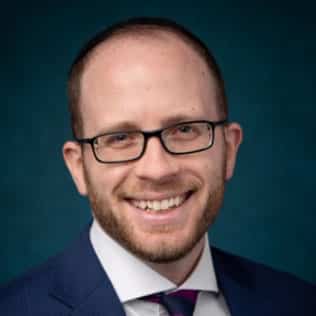






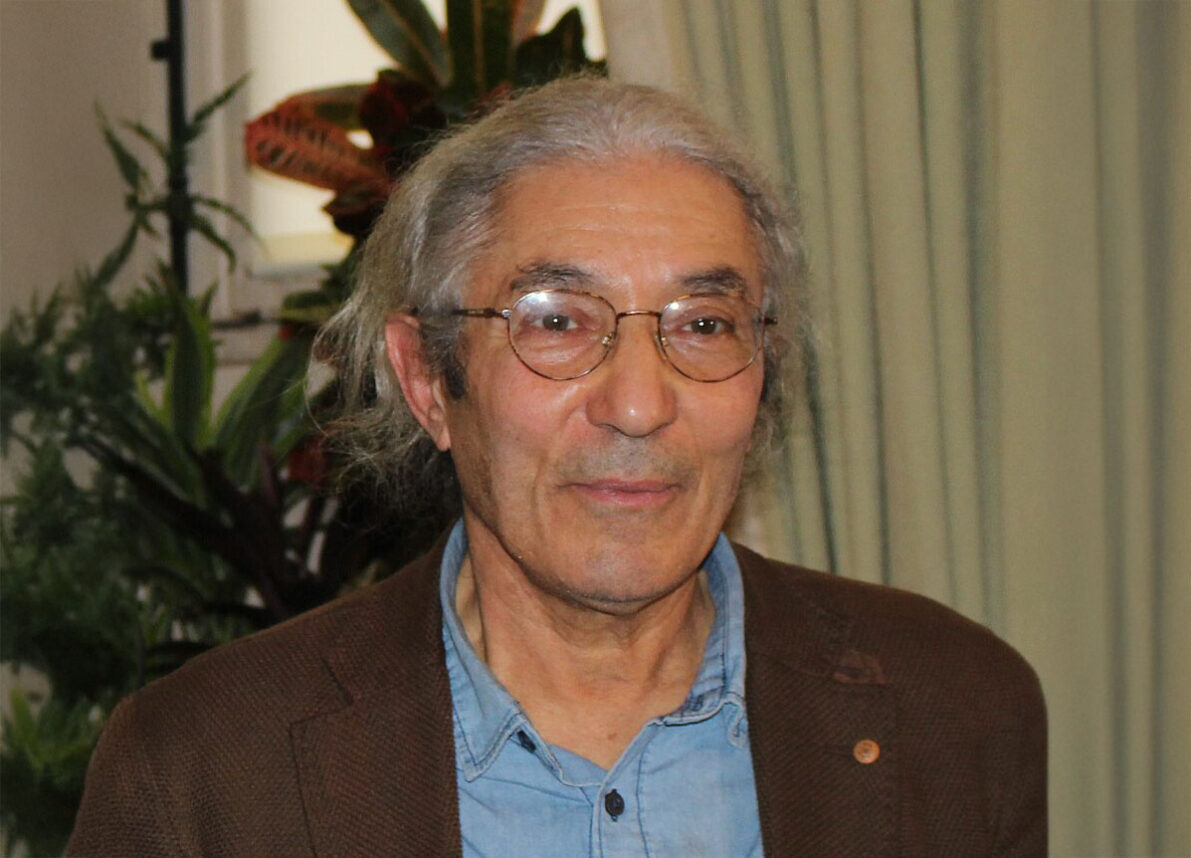
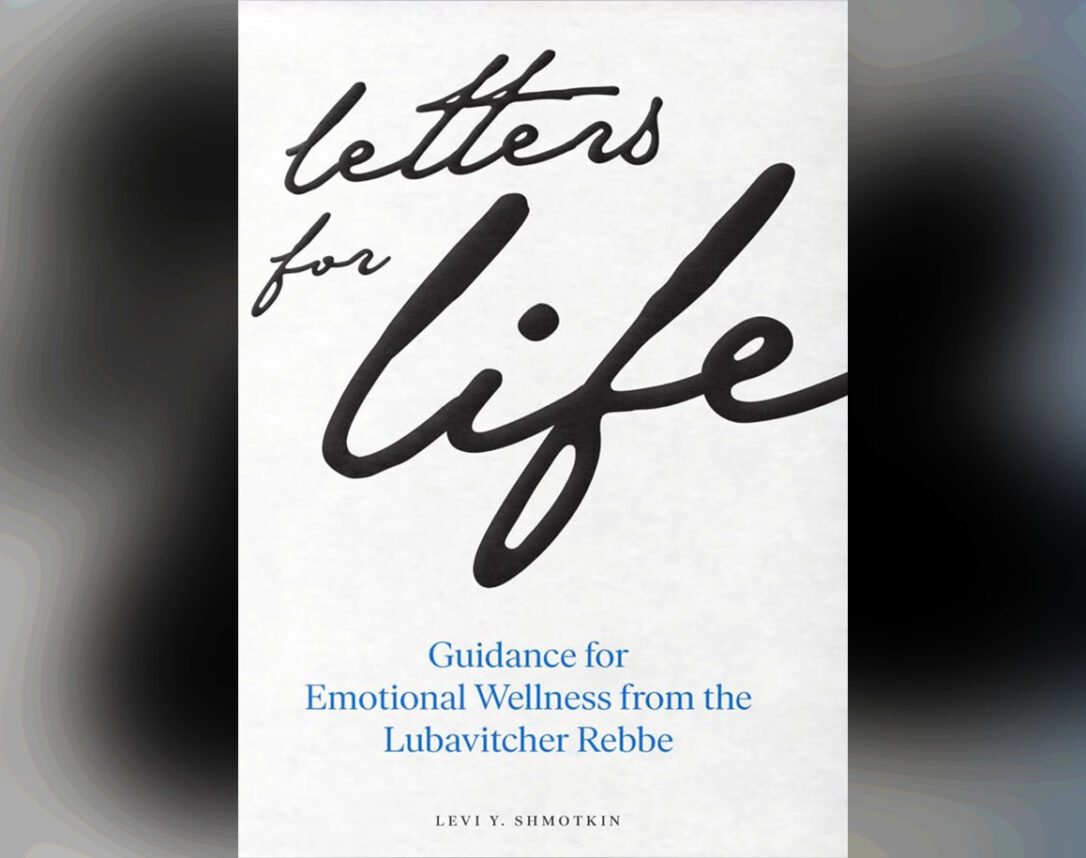


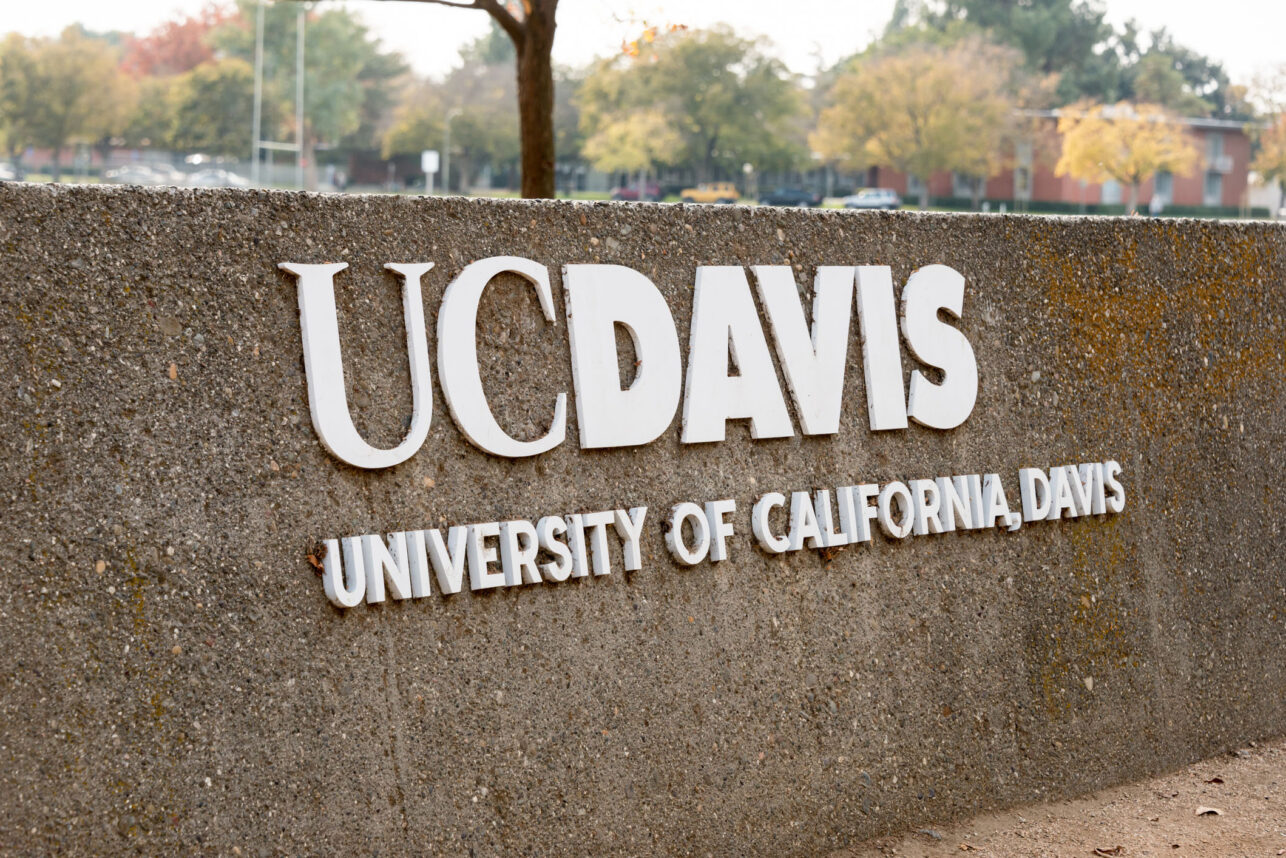
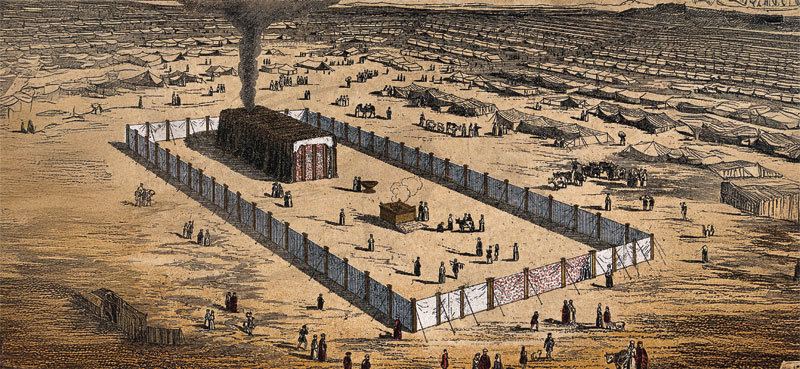











 More news and opinions than at a Shabbat dinner, right in your inbox.
More news and opinions than at a Shabbat dinner, right in your inbox.